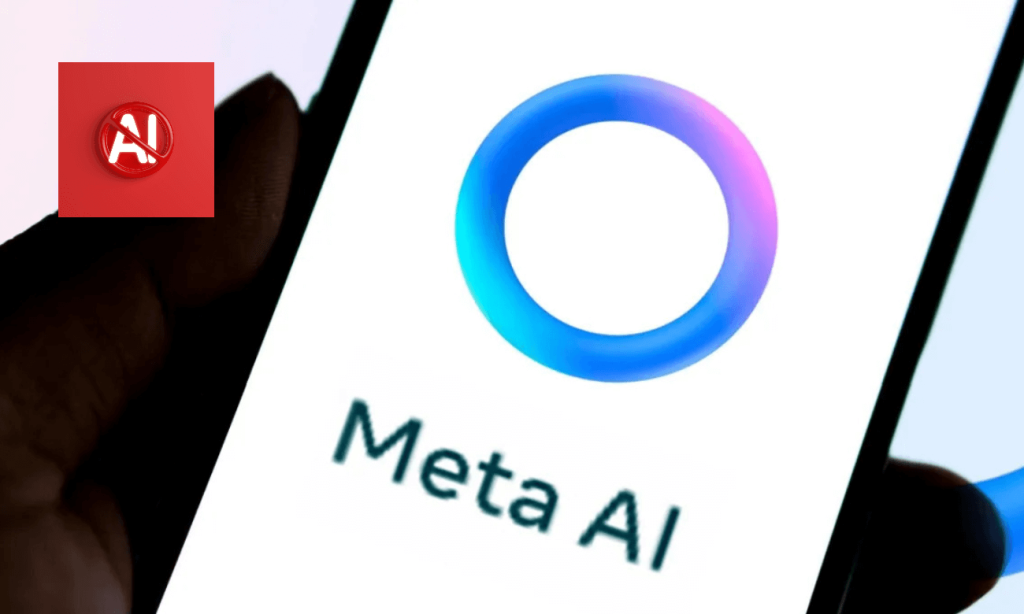Meta AI Training : Meta, the tech giant behind Facebook and Instagram, is facing a growing storm of legal threats in Europe over its plan to use user data for training artificial intelligence systems. Two major actions from privacy advocacy groups have emerged in response to Meta’s updated privacy policy, which allows the company to use publicly available content for AI development.
Cease and Desist from noyb
On May 13, 2025, European privacy rights organization noyb (None of Your Business), led by renowned activist Max Schrems, sent a formal cease and desist letter to Meta. The letter accuses Meta of violating the General Data Protection Regulation (GDPR) by collecting and processing personal data for AI training without obtaining valid user consent.
According to noyb, Meta’s opt-out mechanism is intentionally complex and opaque, effectively denying users their right to refuse the use of their data. The group has set a deadline of June 6, 2025, for Meta to halt this data usage or face legal consequences, including a possible class action lawsuit across the European Union.
“Meta is simply copying whatever Google or OpenAI are doing in the U.S., ignoring that the rules in Europe are very different,” said Max Schrems in a public statement. “This is not just unethical — it’s likely illegal.”
Injunction Threatened Over EU Data Use
In addition to noyb’s legal challenge, another digital rights advocacy group has threatened to file for an injunction against Meta’s data practices in Europe. The group argues that the company’s latest policy update lacks transparency and fails to secure proper user consent — both key pillars under GDPR regulations.
The updated privacy terms, which are set to go into effect in June 2024, would allow Meta to use photos, captions, posts, and other public content from users in the EU to train generative AI tools. The advocacy group claims this move could represent a serious breach of privacy laws, especially given the sensitive nature of personal content shared online.
They have signaled that unless Meta voluntarily suspends the policy for EU users, they will pursue a court order to block the data collection entirely.
Meta’s Response and Public Outcry
Meta, in its defense, insists that its data processing is lawful and that it provides users with the ability to opt out of AI training. However, critics argue that the opt-out process is buried in layers of unclear language and hard-to-find settings, making it effectively meaningless.
The backlash has reignited the broader debate around how tech giants handle personal data, especially when it comes to training AI systems. In Europe, where privacy laws are among the strictest in the world, this controversy could lead to major legal and financial consequences for Meta.
Conclusion
As Meta continues to push forward with its AI ambitions, it now finds itself in direct conflict with European privacy laws and watchdog groups. With threats of a class action lawsuit and an injunction looming, the company could be forced to rethink its strategy for AI training — or face serious legal repercussions across the EU.
The coming weeks will be crucial in determining whether Meta adjusts its policy or fights the growing legal pressure head-on.
